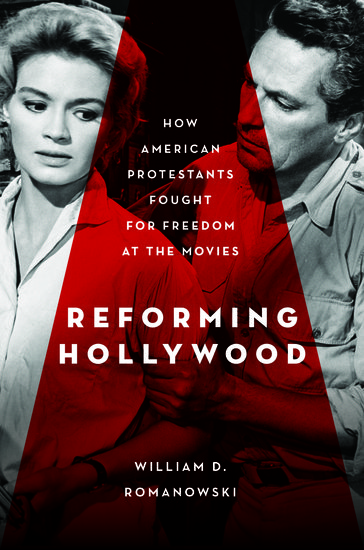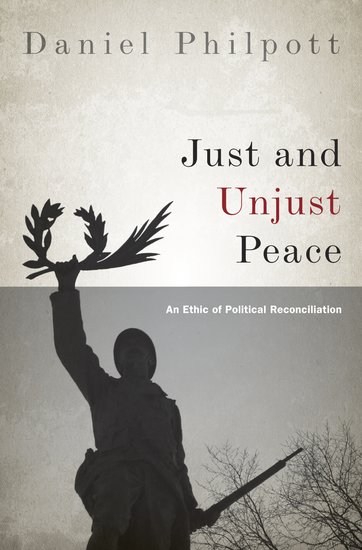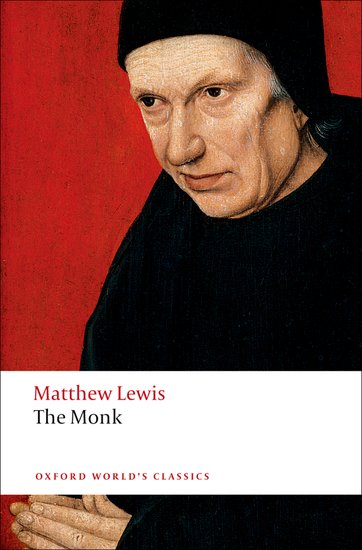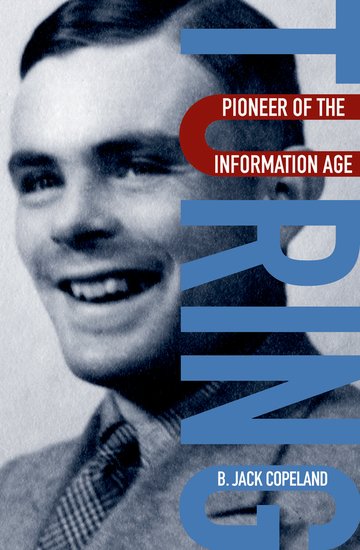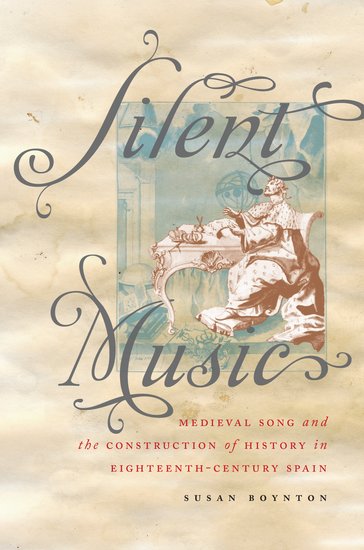“I Hope They Don’t Think We’re a Rock ‘n’ Roll Outfit”: The Rolling Stones Debut, 12 July 1962
By Gordon Thompson
Fifty years ago, in one of London’s busiest shopping districts, the Rolling Stones stepped onto a stage for the first time, full of adolescent confidence and probably not a little performance anxiety. On this Thursday night, a crowd of friends and the curious came to support this muddle of middle-class English adolescents ambitiously exploring a relatively esoteric niche of American music. But everything about this first gig would portend a band that would be, a band that parents would hate and teens love, a band that would be ruthless in its pursuit of success.






